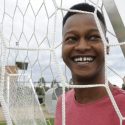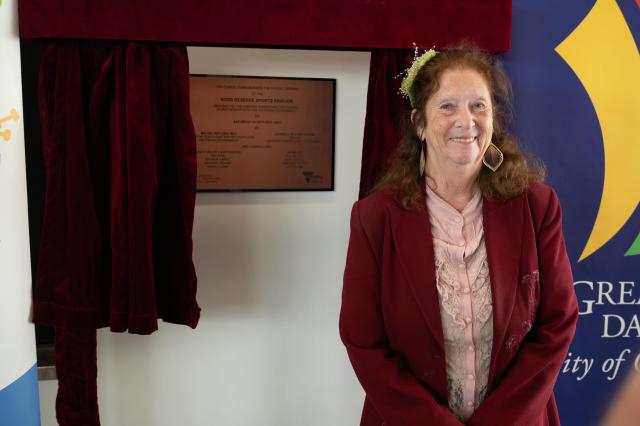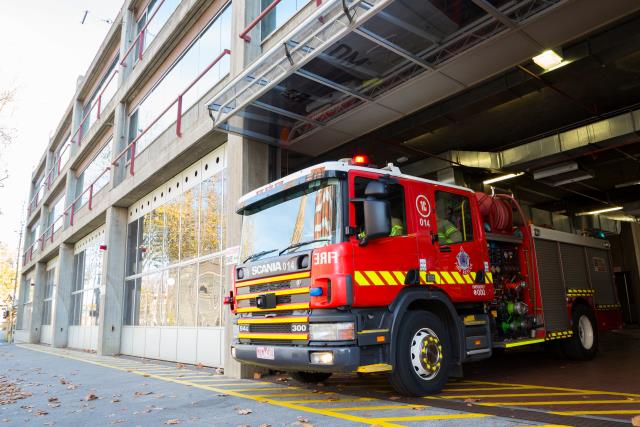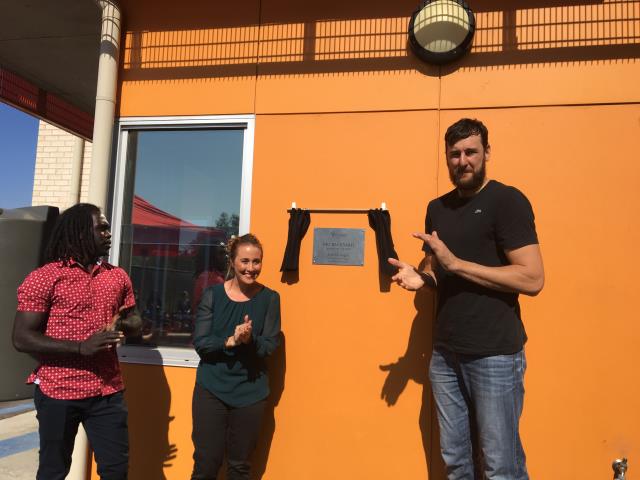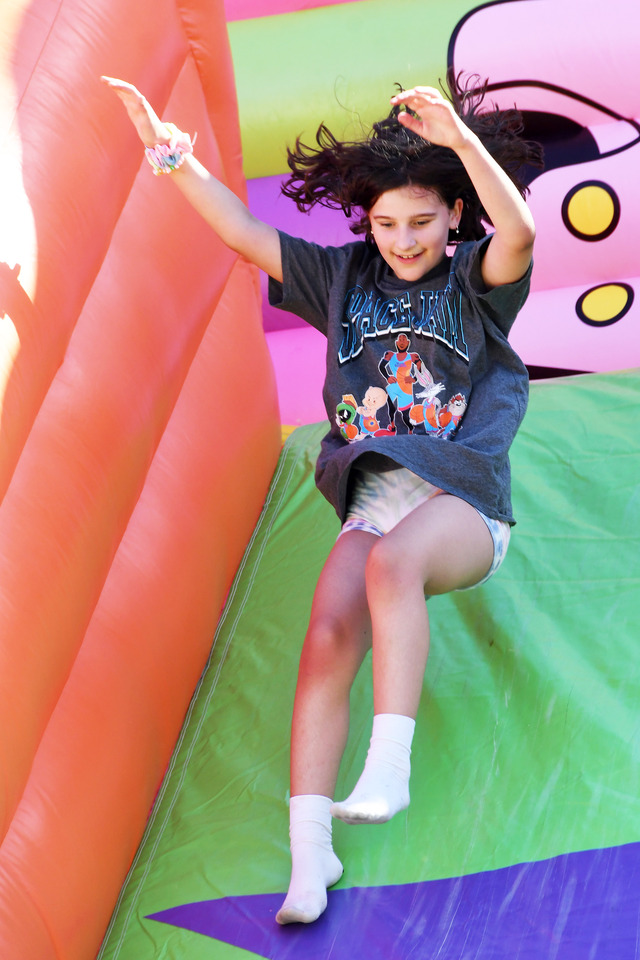Nelly Yoa, soccer player and social advocate
As a proud Australian with African heritage, I know all too well the difficulties faced by migrants, especially those of my Sudanese community.
It can feel impossible to create an equal sense of belonging and trust within a newly found community.
I have seen this recently as part of my work in Melbourne’s south-east with the so-called Apex Gang, which the media suggests is made up of people from African backgrounds.
Undeniably there are some youth of Sudanese background committing crimes, as there are of other backgrounds, however the stigma affects the entire community.
I dislike seeing reports of some Africans using what has happened in their own country as an excuse to commit crimes.
To me that is immoral and inexplicable – I firmly believe they need to contribute to the Australian way of life instead.
Yet I get equally anxious when I see reports of Sudanese people being yelled at in the street, typecast as gang members and stopped by police.
Some even change their names on job applications in the battle to overcome discrimination. They deserve better.
I just hope Sudanese Australian youth don’t buy into the public narrative about them, dominated as it is by perceptions around crime in general and the Apex Gang in particular.
I know that the Sudanese have so much to offer to Australia, we just need to embrace them.
In fact the resilience, persistence, and performance they demonstrate would put many of their Australian peers to shame.
Australians are not racist people, it’s a wonderful country with great opportunity.
Australians have always given newcomers a fair go providing they show that they appreciate this country, our way of life and add something to our culture.
African/Sudanese communities in Australia need to look at what the Italians, the Greeks, the many Asian races and the Europeans did.
They didn’t think twice about speaking out against their own race if they stepped out of line.
We can learn so much from these successful communities.
They’ve gone through similar issues but they quickly adapted to the Australian way of living and we need to do the same immediately.
I’m passionate about working with new and emerging communities to remove that divide and increase migrants’ sense of belonging, empowering them to make an impact with their individual lives.
As part of my role as a role model and motivational speaker to young people in Melbourne, and as a go-to person for the Premier’s office and Victoria Police, I hope to connect with the community to boost local engagement and inclusion via multicultural and diversity programs.
Furthermore, as a professional athlete I use the great medium of sport to strengthen communities as a whole.
I also share my personal story – as a professional soccer player having to overcome many obstacles and adversity to get to where I am today – in an attempt to motivate and encourage others that success can be achieved if you never give up on your dreams and to always be resilient and remain positive.
Many of life’s failures can be attributed to people who did not realise just how close they were to success when they gave up.
Indeed, all our dreams can come true if we have the courage to pursue them.
Sport is an integral part of Australian life and culture and plays a vital role in multicultural Australia as a tool for social inclusion, empowering many newly-arrived Australians to develop an identity and sense of active belonging.
Australia needs to continue to champion the inclusive ideals that makes it the ‘lucky country’ by striving to be even more welcoming, more understanding and more embracing to all nationalities and religions.
Those who are newly calling Australia ‘home’ must endeavour to adapt and add to the Australian way of life in a positive manner in order to make this awesome country even more diverse and multicultural.
In doing so we can create a shared platform that showcases the dreams, hopes and successes of all Australians.

